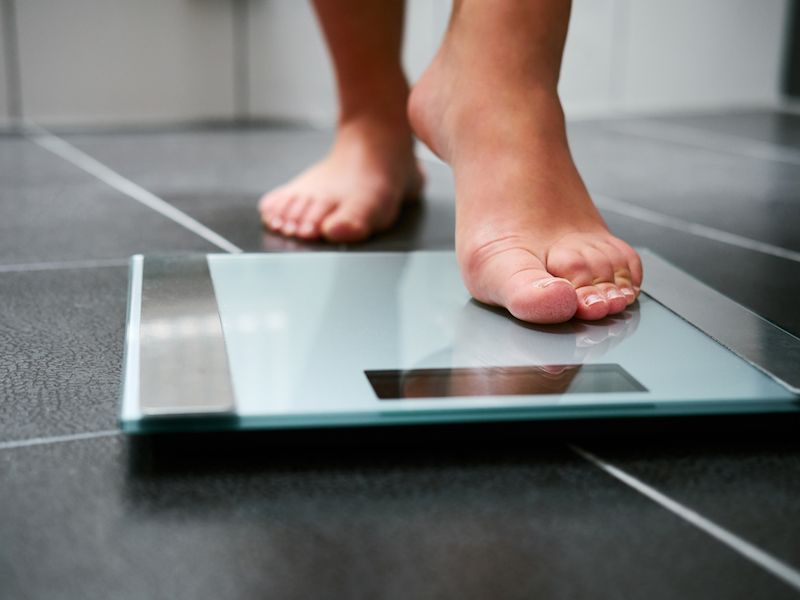
We’ve known for a long time that overeating is harmful to our health, and in particular over longer periods of time. There are a number of health conditions related to obesity. You can add hearing loss to high cholesterol, heart disease, and diabetes as a possible issue. It’s calculated that roughly 48 million people in the United States, around 20% of this country’s population, suffer from loss of hearing, and nearly twice that number of adults, 93 million, are obese. Throughout the country, these shocking statistics point to a serious health problem.
How Is Obesity Linked to Hearing Loss?
Various studies have revealed that loss of hearing and being overweight have a relationship. While scientists are still studying the relationship, it’s thought that obesity is linked to loss of hearing because of its impact on our circulatory system. Additionally, obesity is associated with diabetes and high blood pressure, which are also connected to hearing loss.
Our inner ears are filled with microscopic hairs that detect sound in the ear. So that they can function correctly, these small hairs, called stereocilia, have to have a steady flow of blood. Obesity restricts the flow of blood throughout the body since the heart must work extra hard to get the blood flowing around the body, which means that there is less than ideal amount of blood flow supplied to your ear. The ears can be irreversible harmed in this way. Because each of these diseases effect the flow of blood, high blood pressure, heart disease, and diabetes affect the inner ear in the same way.
Keeping your weight under control is especially worthwhile as you get older since age-related hearing loss is also connected to a high fat mass index. When you were younger, your body’s metabolism worked more efficiently and faster, which is the reason why you should try to form healthy habits when you’re younger and stick with those habits as you get older.
A healthy diet and exercise are excellent for your over-all health and your ears.
Solutions For Obesity-Related Loss of Hearing
It’s feasible that you may not be able to recover your lost hearing if it’s triggered by obesity, still, it’s always best to have your hearing tested to find out the degree of your hearing loss. If you have irreversible injury, you might require a hearing aid or other device to begin hearing properly again.
If the injury is not that serious, you may want to see your physician about making a diet and exercise program to reduce the effect your weight has on your well being before it gets any worse. Your doctor should set up a cardio intensive exercise routine that will improve your overall health and get your blood pumping. You will most likely find that other areas of your life also improve, mental health, for instance, since regular exercise has been shown to decrease depression.
Obesity-Related Hearing Loss, How to Avoid it
In order to protect against obesity-related hearing loss regular exercise and a healthy diet are necessary. staying healthy will also help keep your ears in superior condition. A plan that can assist you to attain your goals and that is customized for you can be planned by a nutritionist. The nutritionist can make certain you’re eating healthy foods with the correct mix of nutrients, foods that are high in iron, for example, since, you guessed it, a lack of iron in your diet can exacerbate your hearing loss and result in tinnitus.
Learn more concerning hearing loss and the treatment options available to help you hear better.